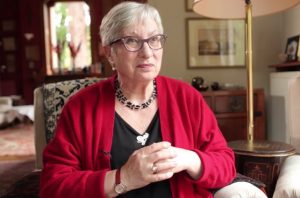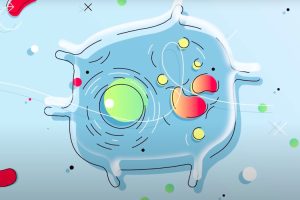Theory of Mind
Developmental psychologist Uta Frith on autism, social interaction, and the difference between mentalizing and...
Which theories have been proposed to explain the nature of aging? How do cells handle accumulating damage due to mutations? Professor from the Department of Medicine at Harvard Medical School, Vadim Gladyshev, speaks on how different organisms deal with aging.
Medawar and Williams suggested that forces of natural selection decrease aging. So, as organisms age, these forces decrease. As a result, mutations could accumulate in their genomes, or genes could be preserved, which would benefit younger organism, but would be detrimental to older ones. So, a gene could originate which could help in the reproductive age, but later that gene could cause some damage or could be detrimental in some other way. This would not be important during evolution, because the organisms already reproduced, everything is fine so death has little consequence on the species as a whole.
There is a recent theory called hyperfunction theory by Mikhail Blagosklonny, which says that aging is a continued development. Basically, aging develops and those processes continue and at certain point, once reproduction has been reached, those signals do not stop, they kind of continue and eventually they cause hypertrophy and organ damage and eventually the organism dies. But here is also a problem, because we know that at least some signals clearly stop. For example, human growth eventually does stop. So, why can’t other systems be completely stopped? So, basically altogether it’s clear that there are various theories, all of them make sense, but also there are questions and counterarguments against all these theories.
How could a cell deal with this flood of damage? Cells have found a very elegant solution to this problem. Instead of removing all damage which is produced in the cell, the cell can correct only the most severe damage. For that there are specific enzymes and transporters, which can remove this damage. Basically the cell ignores all other damage. Why? Because cells divide. Once a cell has divided that damage is diluted into two cells, and so if the damage accumulates very slowly cells can simply divide and ignore the damage.

Developmental psychologist Uta Frith on autism, social interaction, and the difference between mentalizing and...

Neuroscientist John Krystal on alcohol's action on the brain, social and habitual drinking, and why some peopl...

A microscopic web-like structure prevents genetic mistakes during the cell division process